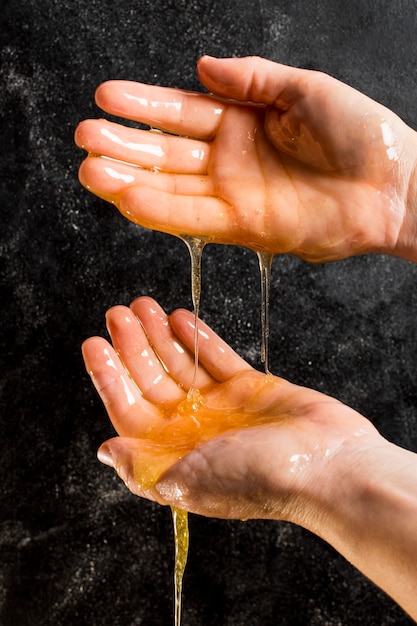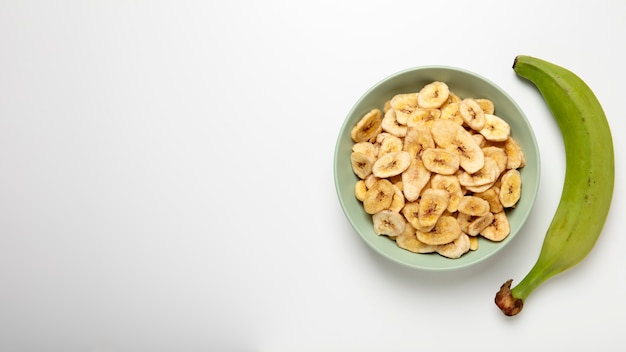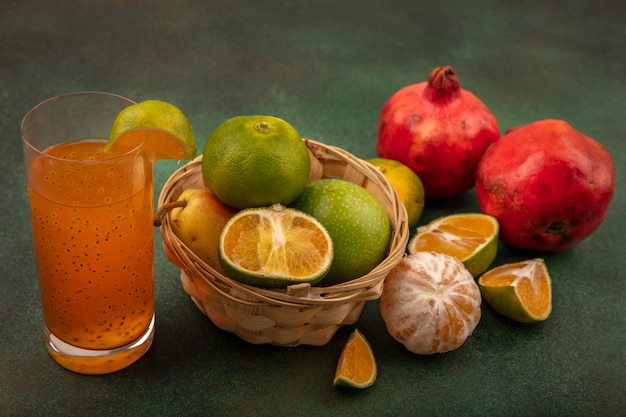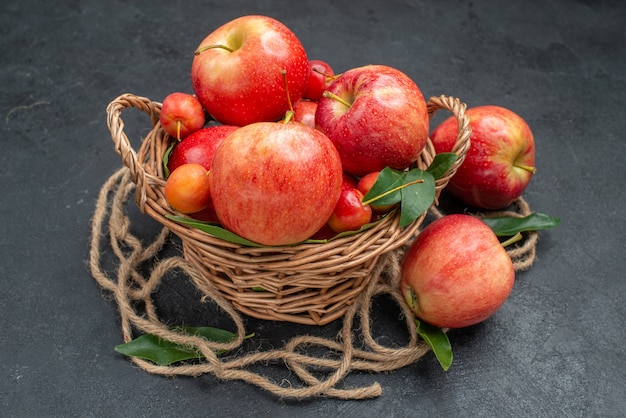Content:
Honey is a sweet and natural substance made by bees from flower nectar. Bees collect nectar, break it down with enzymes, and store it in their honeycombs. Water evaporates from the nectar, turning it into honey. Sometimes, bees also create honey from honeydew, which is a different substance produced by certain insects.
The quality of honey depends on several factors, both natural and human-influenced. Bees’ hard work and the local environment, including climate and plant diversity, shape honey’s flavor and nutritional value. Beekeepers often feed bees sugar water when nectar is scarce, which can impact honey’s richness and taste.
Beekeepers’ choices, such as plant selection near hives, harvest timing, and extraction methods, also affect honey quality. The flowers available to bees influence the honey’s taste, color, and nutrients. Harvest timing affects honey’s maturity and consistency, while extraction methods can impact its purity and aroma.
Honey crystallization, or granulation, is natural and indicates purity. It happens when glucose precipitates out, forming crystals while fructose remains liquid. The crystallization rate varies by floral source; for example, acacia honey stays liquid longer due to higher fructose levels, while clover honey crystallizes faster.
Honey is nutritious, offering about 300 kilocalories per 100 grams due to its simple sugars. This makes it a quick energy booster, especially useful for athletes. Despite its high caloric content, honey has additional health benefits, unlike granulated sugar.
Different types of honey offer various health benefits based on their plant sources. Linden Honey soothes nerves, helps with insomnia, and reduces anxiety. Thyme and Eucalyptus Honey treats respiratory conditions with antibacterial and anti-inflammatory properties. Rosemary Honey supports liver health and function. Chestnut Honey is rich in minerals and antioxidants, improving circulation and vitality.
The global honey market has seen a rise in imported honey, which is often cheaper but may be of lower quality or safety. Imported honey can be contaminated with harmful substances and adulterated with non-honey sweeteners. This undermines genuine beekeepers and misleads consumers.
Honey is a complex and nutritious product vital to our ecosystem. Its production involves a delicate balance between nature and human practices, showcasing the importance of bees in our world.







